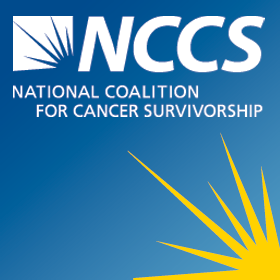Many US cancer survivors still lost in transition
A 2005 US Institute of Medicine report championed care plans for people who survive cancer. But, as Bob Kirsch reports, many survivors are still missing out on the close follow-up that they need.
This June, when she chairs the session—Optimizing Efficient and Effective Care of Cancer Survivors—at the annual meeting of the American Society of Clinical Oncology (ASCO), she will bring a perspective that looks to refine how and in what form SCPs should best be used.
The importance of SCPs is, however, assured. Julia Rowland, director of the Office of Cancer Survivorship at the National Cancer Institute (NCI), part of the US National Institutes of Health, explained that “there is growing pressure on the oncology community to address care after cancer” now that cancer is increasingly seen as a “chronic illness”. She points to the accreditation criteria of the Commission on Cancer of the American College of Surgeons that requires members’ compliance with SCPs by 2015; the call for treatment summaries for cancer survivors in ASCO’s Quality Oncology Practice Initiative; and the survivorship guidelines currently being developed by the National Comprehensive Cancer Network. Furthermore, empowered by their growing numbers (there are 12 million cancer survivors in the USA alone), people who survive cancer are demanding better communication about and coordination of their care, she said.



